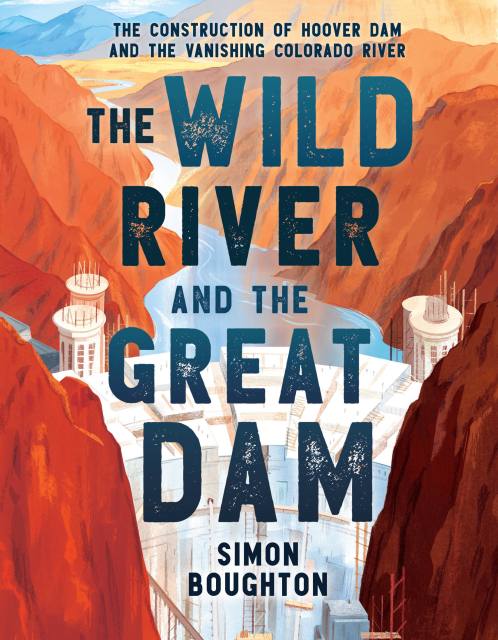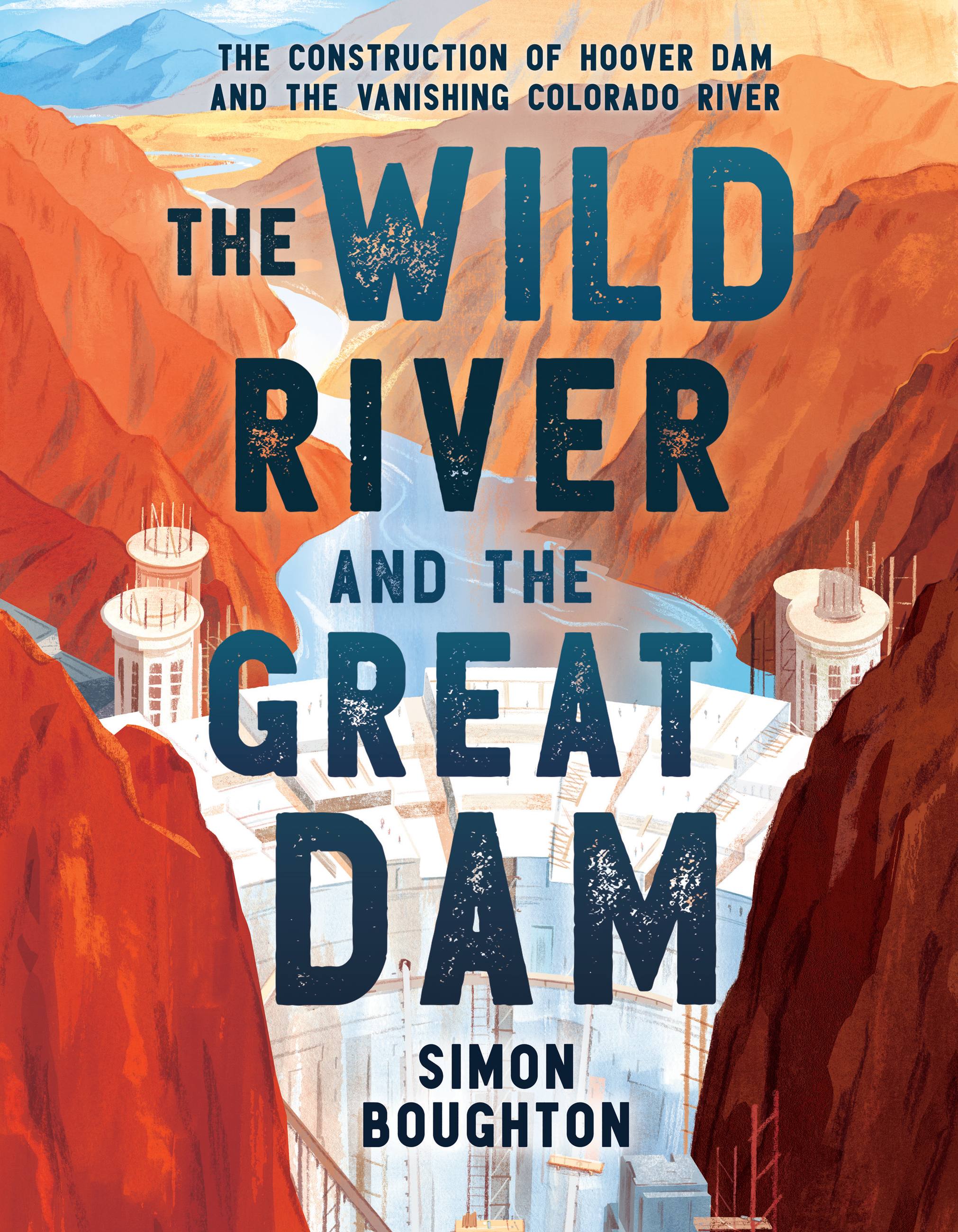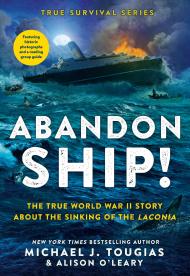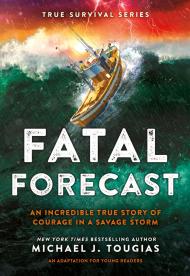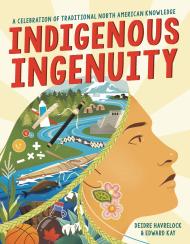Promotion
Use code CYBER2024 for 30% off sitewide + free shipping over $30
By clicking “Accept,” you agree to the use of cookies and similar technologies on your device as set forth in our Cookie Policy and our Privacy Policy. Please note that certain cookies are essential for this website to function properly and do not require user consent to be deployed.
The Wild River and the Great Dam
The Construction of Hoover Dam and the Vanishing Colorado River
Contributors
Formats and Prices
Price
$19.99Price
$25.99 CADFormat
Format:
- Hardcover $19.99 $25.99 CAD
- ebook $12.99 $16.99 CAD
This item is a preorder. Your payment method will be charged immediately, and the product is expected to ship on or around March 12, 2024. This date is subject to change due to shipping delays beyond our control.
Also available from:
★ “In this detailed and informative work, Boughton chronicles the construction of the Hoover Dam via compellingly comprehensive text.” —Publishers Weekly, starred review
★ “This well-written narrative is bound to become the authority on this modern American marvel.” —Booklist, starred review
At the time of its completion in 1936, Hoover Dam was the biggest dam in the world and the largest feat of architecture and engineering in the country—a statement of national ambition and technical achievement. It turned the wild Colorado River into a tame and securely managed water source, transforming millions of acres of desert into farmland while also providing water and power to the fast-growing population of the Southwest. The concrete monolith quickly became a symbol of American ingenuity; however, its history is laden with contradiction. It provided work for thousands, but it was a dangerous project that exploited desperate workers during the Depression. It helped secure the settlement and economies of the Southwest, but at the expense of Indigenous peoples and the environment; and it created a dependency on the Colorado River’s water, which is under threat from overuse and climate change.
Weaving together elements of engineering, geography, and political and socioeconomic history, and drawing heavily from unpublished oral histories taken from dam workers and their families, Simon Boughton’s thoughtful and compelling debut—featuring historical photographs throughout—follows the construction and impact of Hoover Dam, and how its promise of abundance ultimately created a river in crisis today.
A Junior Library Guild Gold Standard Selection
-
Praise for The Wild River and the Great Dam:Publishers Weekly, starred review
A Booklist Top Ten Sci-Tech Read of the Year
A Junior Library Guild Gold Standard Selection
Two Starred Reviews
* "In this detailed and informative work, Boughton chronicles the construction of the Hoover Dam via compellingly comprehensive text…. Personal stories from the men who built the dam feature throughout and provide context surrounding the consequences of such a drastic change on the natural environment." -
* "This engaging history of the construction of the Hoover Dam does a very good job of recreating the political, social, geographic, and environmental scenarios that swirled around this daunting and ambitious project.... This well-written narrative is bound to become the authority on this modern American marvel—and its devastating effects on the environment."Booklist, starred review
-
"An extensively researched exploration into the people, the river, and the economics behind the creation of Hoover Dam…. Visual aids add immediacy, including maps, construction plans, advertisements, and black-and-white photos showing the vast scope of the project, the powerful white men in charge, the workers and their families, and the devastating environmental consequences. A fascinating blend of social and environmental history and engineering."Kirkus Reviews
-
"Weaving compelling facts and human stories into a cohesive narrative, Boughton explores the dam’s political, economic, social, and environmental impacts on the region. He traces the need for a system of dams to control and regulate water; the engineering feats and specific labor skills that would be required to build the great dam at such a breakneck pace; and how the experience shaped the lives of those who built it. …. The book includes numerous well-chosen black-and-white photographs, maps, diagrams, and primary source quotes throughout the text."The Horn Book
-
"A fascinating, and at times heartbreaking history of the building of the Hoover Dam…. This book discusses geographical issues of flooding and water conservation, and the human impacts of the building of the dam…. The book features period photos in black and white, and several maps to help readers understand the geography of the region…. A great addition to nonfiction collections covering dams, ecology, and history of the Southwest."School Library Journal
-
"Truly breathtaking. This is a powerful story and like the water slowly rising behind that concrete barrier, it becomes more powerful with each page turn."David Macaulay, two-time recipient of the Caldecott Medal and creator of the bestselling The Way Things Work
-
"An exciting mix of research, storytelling, and an astounding true story—one that’s still unfolding today."Steve Sheinkin, three-time National Book Award finalist and Newbery Honor author of Bomb
- On Sale
- Mar 12, 2024
- Page Count
- 256 pages
- Publisher
- Christy Ottaviano Books
- ISBN-13
- 9780316380744
